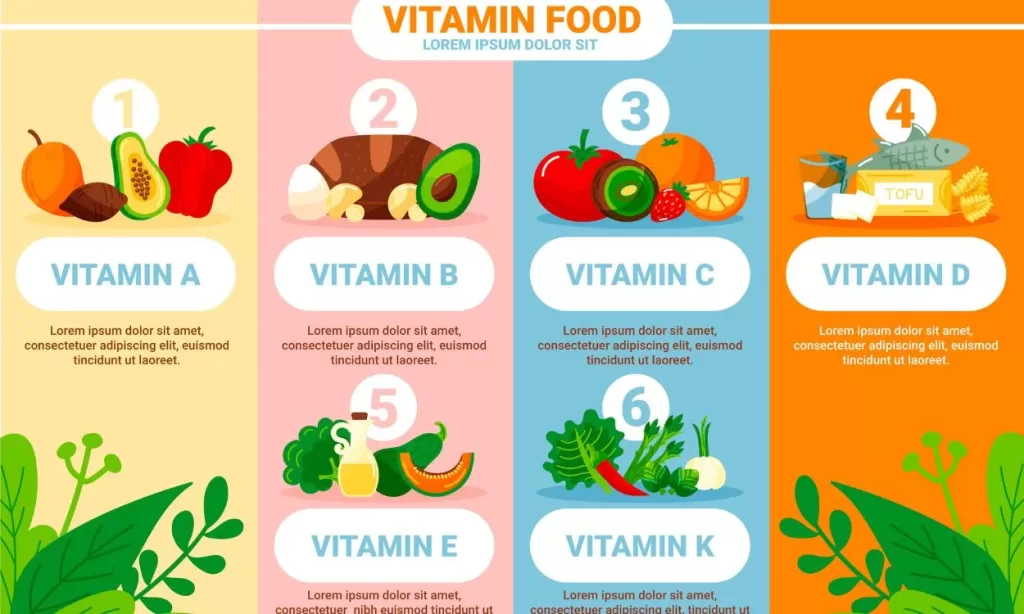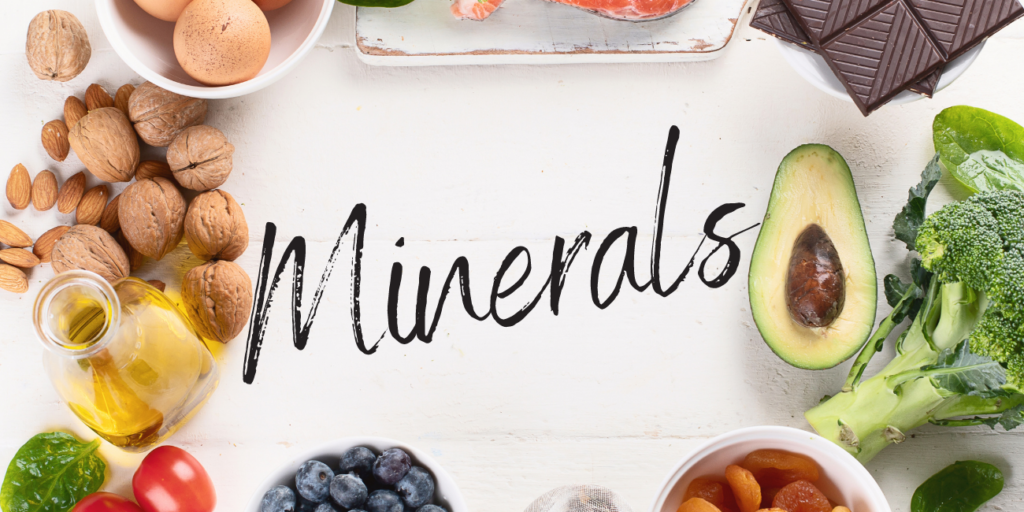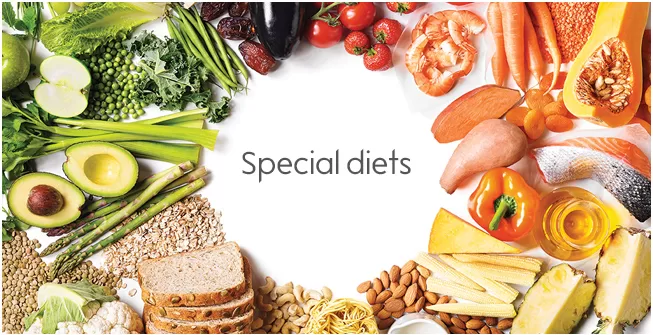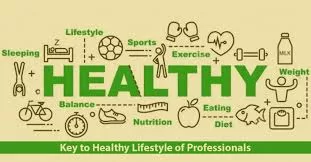Unlock the Secret to Glowing Skin
Diet Skin Health The adage “you are what you eat” holds particular truth when it comes to skin health. It’s increasingly clear that our dietary choices significantly influence the appearance and condition of our skin. Just as nutritious food fuels our bodies, the right nutrients nourish our skin from within, promoting a radiant and youthful complexion.
Product Recommendations for Healthy Skin

While a balanced diet is crucial, complementary skincare products can enhance your skin’s health and appearance. Here are a few examples:
- Vitamin C Serum: This antioxidant-packed product helps brighten skin, reduce signs of aging, and protect against environmental damage. Look for products with L-ascorbic acid for optimal results.
- Hyaluronic Acid Serum: Known for its exceptional hydrating properties, hyaluronic acid helps plump the skin, reduce fine lines, and improve overall skin texture.
- Retinol Cream: A derivative of vitamin A, retinol promotes cell turnover, reduces acne, and improves skin tone and texture. Start with a lower concentration and gradually increase it as your skin adjusts.
- Sunscreen: Essential for protecting your skin from harmful UV rays, choose a broad-spectrum sunscreen with an SPF of 30 or higher for daily use.
How Diet Affects Skin Health

The Digest Diet: The Best Foods for Fast, Lasting Weight Loss
Our skin, the body’s largest organ, is a reflection of our overall health. Nutrients from food are transported through the bloodstream and delivered to skin cells, providing the building blocks for repair and regeneration. A balanced diet rich in essential vitamins, minerals, and antioxidants is crucial for maintaining skin’s elasticity, hydration, and protection from environmental damage.
Key Nutrients for Healthy Skin
A diet rich in specific nutrients can significantly impact your skin’s health. Here are some key food groups and their benefits:
Fatty Acids
- Omega-3 fatty acids: Found in salmon, flaxseed, chia seeds, and walnuts, they help hydrate skin and reduce inflammation.
- Omega-6 fatty acids: Present in sunflower oil, safflower oil, and corn oil, they maintain the skin’s barrier function.
Vitamins

- Vitamin A: Found in carrots, sweet potatoes, spinach, and kale, it promotes skin cell turnover and repair.
- Vitamin C: Present in citrus fruits, strawberries, and broccoli, it stimulates collagen production and protects against damage.
- Vitamin E: Found in almonds, sunflower seeds, and spinach, it acts as an antioxidant, protecting skin from free radicals.
Minerals

- Zinc: Found in oysters, beef, and beans, it helps regulate oil production and promotes wound healing.
- Selenium: Present in Brazil nuts, tuna, and eggs, it has antioxidant properties that protect skin from damage.
- Proteins and Collagen:
- Amino acids, the building blocks of protein, are essential for collagen production, which provides skin with structure and elasticity.
- Antioxidants:
- These compounds combat free radicals, harmful molecules that damage skin cells and accelerate aging.
Hydration

Water-rich foods: Cucumbers, watermelon, and strawberries not only hydrate your body but also contribute to skin hydration.
Remember, while these foods provide essential nutrients, a balanced diet is key. Incorporate a variety of foods from different food groups to ensure you’re getting all the necessary vitamins and minerals for optimal skin health.
Foods to Avoid for Clear Skin
- Sugary Foods and Drinks: High sugar intake can accelerate collagen breakdown, leading to wrinkles and sagging skin. It’s also linked to acne.
- Dairy: Some studies suggest a potential connection between dairy consumption and acne.
- Processed Foods: Often high in unhealthy fats, preservatives, and artificial ingredients, these foods can contribute to inflammation and skin problems.
- High-Glycemic Foods: Rapid spikes in blood sugar can worsen skin conditions like acne.
Special Diets and Skin Health

- Mediterranean Diet: Emphasizes fruits, vegetables, whole grains, and healthy fats, offering numerous benefits for skin health.
- Plant-Based Diet: Rich in antioxidants and fiber, a plant-based diet can improve skin clarity and reduce inflammation.
- Keto and Low-Carb Diets: While they may lead to weight loss, their impact on skin health is less clear and can vary depending on individual factors.
- Anti-Inflammatory Diet: Focusing on foods that reduce inflammation can help improve skin conditions like eczema and psoriasis.
Supplements for Skin Health
While a balanced diet is ideal, supplements can provide additional support.
- Collagen Supplements: May improve skin elasticity and hydration.
- Omega-3 Supplements: Can help reduce skin inflammation and redness.
- Multivitamins: Offer a general boost to overall skin health.
The Role of Lifestyle in Skin Health

- Stress Management: Chronic stress can negatively impact skin by influencing diet choices and hormone levels.
- Exercise: Improves circulation, delivers oxygen and nutrients to the skin, and promotes a healthy glow.
- Sleep: Essential for skin repair and regeneration.
FAQs Diet Skin Health:
General Questions
- How does diet affect skin health?
- Diet provides essential nutrients that nourish skin cells, promoting repair, regeneration, and a healthy appearance.
- What are the key nutrients for healthy skin?
- Key nutrients include vitamins (A, C, E), minerals (zinc, selenium), fatty acids (omega-3, omega-6), protein, antioxidants, and water.
- What foods should I eat for better skin?
- Prioritize fruits, vegetables, whole grains, lean proteins, and healthy fats. Specific foods include fatty fish, nuts, seeds, berries, leafy greens, and water-rich fruits.
- What foods should I avoid for clear skin?
- Limit sugary foods and drinks, processed foods, high-glycemic foods, and dairy (for some individuals).
- Can supplements improve skin health?
- While a balanced diet is ideal, supplements like collagen, omega-3, and multivitamins may provide additional benefits.
Specific Questions
- How can I reduce acne with diet?
- Limit sugary foods, processed foods, and dairy. Opt for a balanced diet rich in fruits, vegetables, and whole grains.
- Can diet help with aging skin?
- Yes, a diet rich in antioxidants, vitamins, and minerals can help reduce signs of aging, such as wrinkles and fine lines.
- What can I eat to improve skin hydration?
- Consume water-rich foods like cucumbers, watermelon, and strawberries, and drink plenty of water.
- Is there a specific diet for glowing skin?
- While there’s no one-size-fits-all diet, the Mediterranean diet, plant-based diets, and anti-inflammatory diets are often associated with improved skin health.
Additional Tips
- Hydration: Drink plenty of water to keep your skin hydrated.
- Sun Protection: Wear sunscreen daily to protect your skin from harmful UV rays.
- Stress Management: Practice relaxation techniques like yoga or meditation to reduce stress.
- Sleep: Aim for 7-8 hours of quality sleep each night.
- Consult a Dermatologist: For personalized advice and treatment.
Remember, while diet plays a significant role, a holistic approach combining diet, lifestyle, and skincare products is essential for optimal skin health.
Conclusion
Nourishing your skin from within is a cornerstone of achieving a radiant complexion. By making conscious dietary choices and adopting a healthy lifestyle, you can significantly improve your skin’s appearance and overall health. Remember, individual needs vary, so consulting a healthcare provider or dermatologist can provide personalized guidance.

Explore more articles like this @ Where And How Resources
If you found this article helpful, don’t forget to share it with your friends and followers!

